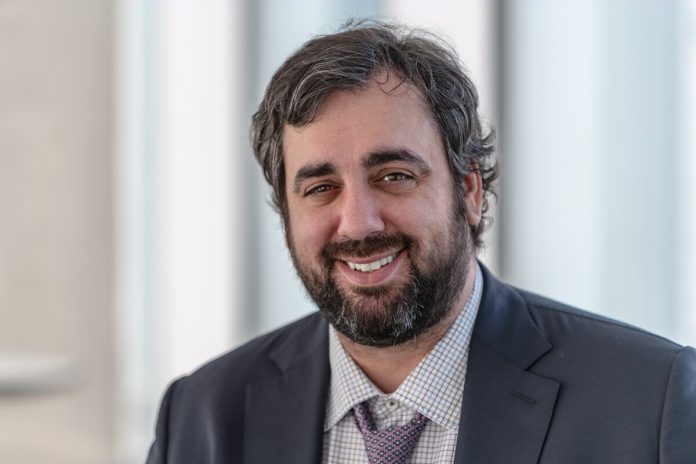Let us invite you to a lecture
„Grand Challenges of Modern Quantum Computer Programming “
given by professor Jacob Biamonte from Skolkovo Institute of Science and Technology in Moscow
on Thursday 21st February, 2019 at 2 p.m. at CIIRC Seminar Room B-670 (Building B, 6th floor)
The talk at CIIRC will be given on the occasion of Prof. Biamonte´s participation at the Machine Learning Prague 2019 Conference that will take place at Rudolfinum, February 22 – 24, 2019
Abstract:
Experimentalist physicists promised the world they would build a quantum computer – a claim they justified by the standard algorithms you might find in any text book on quantum computation (i.e. Shor’s celebrated factoring algorithm or Grover quantum search algorithm). These algorithms are currently completely out of reach of contemporary (noisy) quantum information processing devices – which have now reached intermediate ~50 qubit sizes. A global race is taking place, of which I am a part, to develop new classes of quantum enhanced algorithms that can be run on existing quantum information processing devices and offer a quantum advantage. These algorithms are still not well understood. Many, but not all, algorithms in this class function in the absence of quantum effects but are enhanced by their presence. Other algorithms in this class transform the power of quantum computation into that of state preparation following measurement in the standard basis. In this talk, we will discuss several new results and bring to light some optimism and overshadowing pessimism when it comes to expectations of current quantum information processing devices.
Bio:
Prof Jacob Biamonte is the Lead of Skoltech’s Deep Quantum Laboratory located at the Skolkovo Institute of Science and Technology. He is the 2018 USERN Medal Laureate, the 2013 Shapiro Lecturer in Mathematical Physics, a former McNair Fellow and an invited member of the Foundational Questions Institute. He earned a chancellors award for his doctorate at the University of Oxford, and prior to that was one of the world´s first quantum applications scientists at D-Wave Systems Inc. He has authored several celebrated works on the theory and implementation of quantum information processing.



